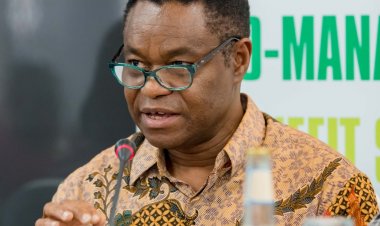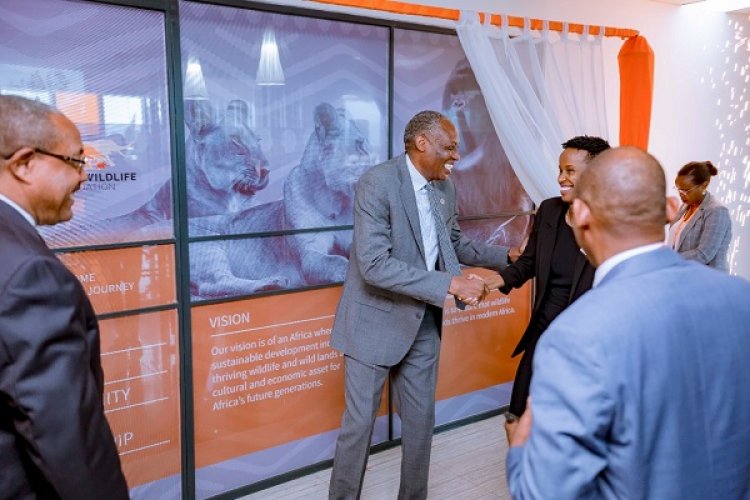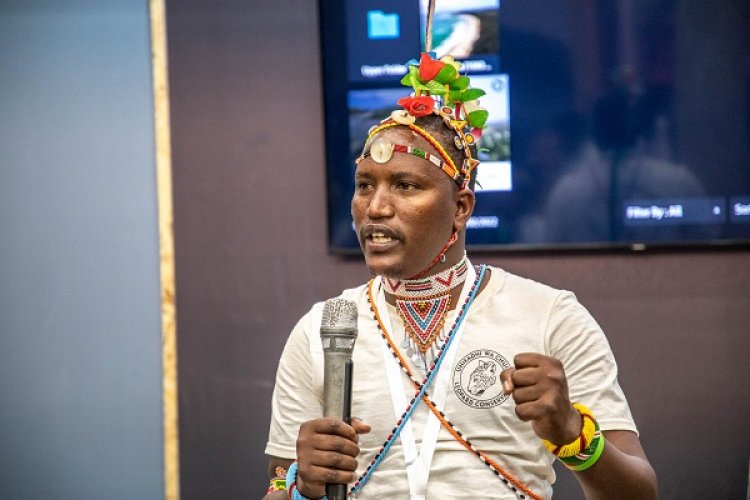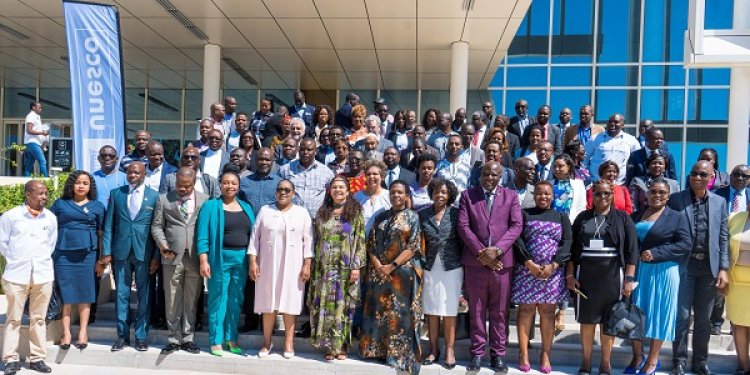Each year, Africa loses estimated $195 billion worth of its natural capital – things such as water, air, forests, oceans or wildlife, which provide ecosystem services that make human life possible — and this worries conservationists.
The latter warn that the worst is yet to come unless the world acts to reverse toll inflicted on wildlife and wildland resources across the continent.
African Wildlife Foundation (AWF), the organisation that convened the first ever Africa Protected Areas Congress (APAC) in July last year and sought to urgently raise some $200 billion in conservation funding at the height of similar losses, is one of those sounding alarm.
The organization sought Governments on the continent to contribute towards operationalization of a Pan-African Conservation Trust dubbed A-PACT on quest to curb further natural capital losses.
Frederick Kumah, AWF Vice President spoke to NewsPaper Africa about these and other developments in conservation.
Excerpts:
——
On the $195 billion estimated yearly loss in natural capital in Africa, what has the trend been? Does it get worse, better?
It is growing mainly because it is linked to population growth. Population growth requires us to think differently about how our production and consumption systems function. So It is getting worse.
I have to do say, though, that for some reason COVID-19 reduced the production and consumption patterns globally a little bit, or slowed down development. So in the last four years, we’ve benefited a bit. But Covid gone now, I think production and development will begin to pick up again and degradation will continue unless actions is taken.
Also read: APAC: African leaders moot multi-billion dollar conservation trust fund
Could you unpack this loss, what does it entail exactly?
The way that fossil fuels [non-renewable energy sources] is used is key to the loss, the transformation and conversion of land to food production is key to the loss. The key challenge we have from the perspective of biodiversity loss is that we keep taking on new land for food production, and that reduces the amount of biodiversity we have.
If you count the value of that conversion rates, then it does come to $195 billion or even more. It doesn’t have to be like that, because there are smart ways of developing, and that’s why we talk green growth.
So the losses are there, but I think we should focus more on what we can do to ensure that there are gains, and embark on smarter actions like restoration actions. Restoring degraded lands can transform the discussion altogether. Having smart agriculture is another way of doing things.
Looking at clean cooking… 850 million Africans are using charcoal and other forms of cooking that impacts Africa’s natural resources. That can be transformed through smart action in terms of clean cooking, as well.
Losses are there, but I think we should focus more on what we can do to ensure that there are gains, and embark on smarter actions like restoration actions. Restoring degraded lands can transform the discussion altogether.
Frederick Kumah, Vice President, African Wildlife Foundation (AWF)
Any progress with regard to the operationalization of the Pan-African conservation Trust more than a year later?
We have made progress in some ways. In other ways we have not made much progress. From the perspective of setting up a governing structure, we have a steering committee with a chair, the former Prime Minister of Ethiopia. We have eminent experts and specialists on that committee.
Also read: Post APAC: Eyes now on African govts to prioritise conservation in spending
We’ve developed clarity in terms of resource mobilization plan. And we’ve had meetings with all key stakeholders so we have indigenous people and local communities and young people represented. So the governance structures are getting into place.
But on the other hand, we haven’t received any resources yet. So although the ambition is great, the commitment into putting money on the table to drive that ambition hasn’t yet materialized, I’m saying materialize because we still are hopeful. And these processes take time. We’re hopeful that in the near future we’ll begin to get some resources to operationalize the idea.
Also read: Big salaries, posh offices and cars eating up funding for conservation in Africa










